Andreas Foerster
With the rise in popularity of doctrines concerning low-intensity conflicts, especially counterinsurgency (COIN) and hybrid warfare, several theorists have promoted a separation from the older generation of thinkers. Naturally, because of their significant influence upon the development of “conventional warfare”, as these newer theorists understand it, Carl von Clausewitz and Antoine-Henri de Jomini have been zeroed in for criticism. Put simply, a misunderstanding of these theorists has led to this attack on their writings. This failure to see their potential outside of conventional warfare and the historical context of their ideas’ formation, concerning these two giants of military theory, deprives researchers and officers alike of valuable tools for achieving victory. This particular paper will focus on Jomini, because his absence in modern discussion on low-intensity conflicts is far more prominent. This is a shame, because Jomini’s treatise The Art of War, is a rich text that should be necessary reading for every aspiring military officer and civilian analyst. Moreover, recent research has allowed us to access a “restored” text, that combines the original book with recovered notes, additional chapters and appendixes by Jomini that provide us with a far more wide-ranging body of work. In order to overthrow this incorrect understanding of Jomini haunting the study of warfare today, this paper will present its evidence in the following format: First, a summary of the misunderstandings of Jomini will be laid out; Second, a short note on Jomini’s call for caution and sound statesmanship when dealing with complex situations; Third, an explanation of Jomini’s theories concerning “irregular” conflicts in general will be provided; Fourth, the same will be done for hybrid warfare; and Lastly, the same will be done COIN, as well as other types of stability operations.





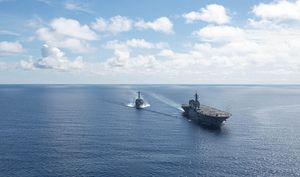
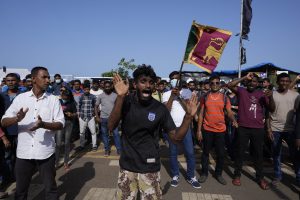
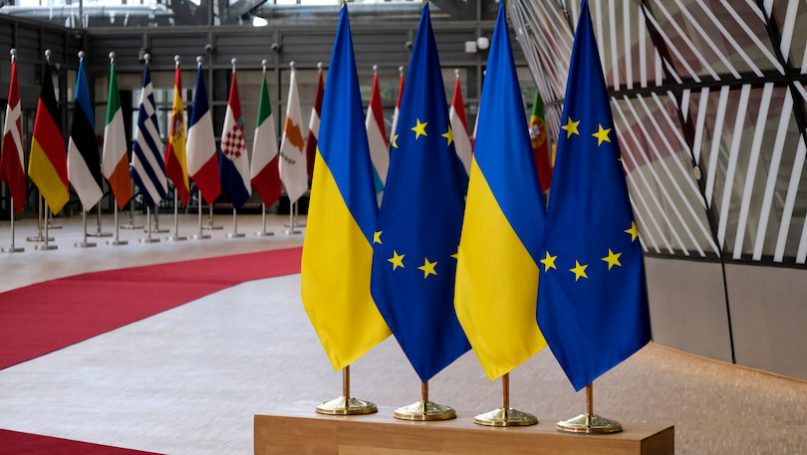
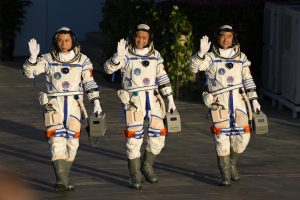

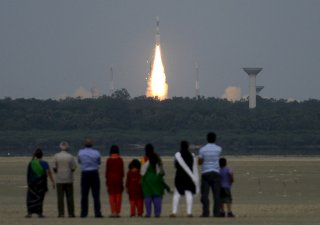

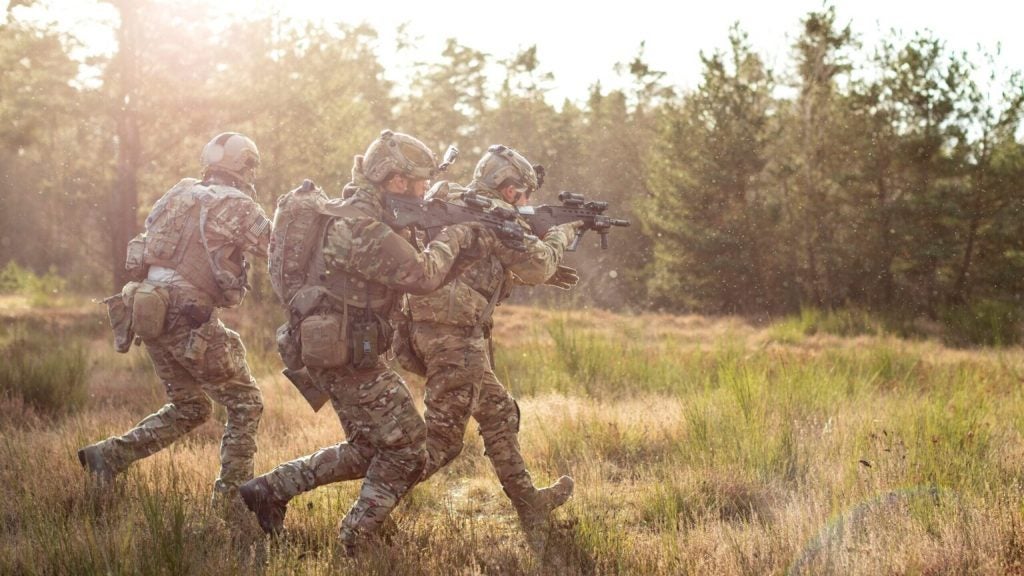


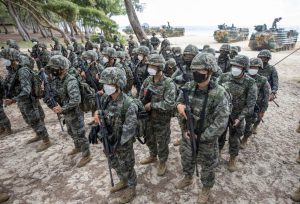



:quality(70)/cloudfront-us-east-1.images.arcpublishing.com/mco/DE4MXDASJ5BDHFL3RAF3NVF3VU.jpg)